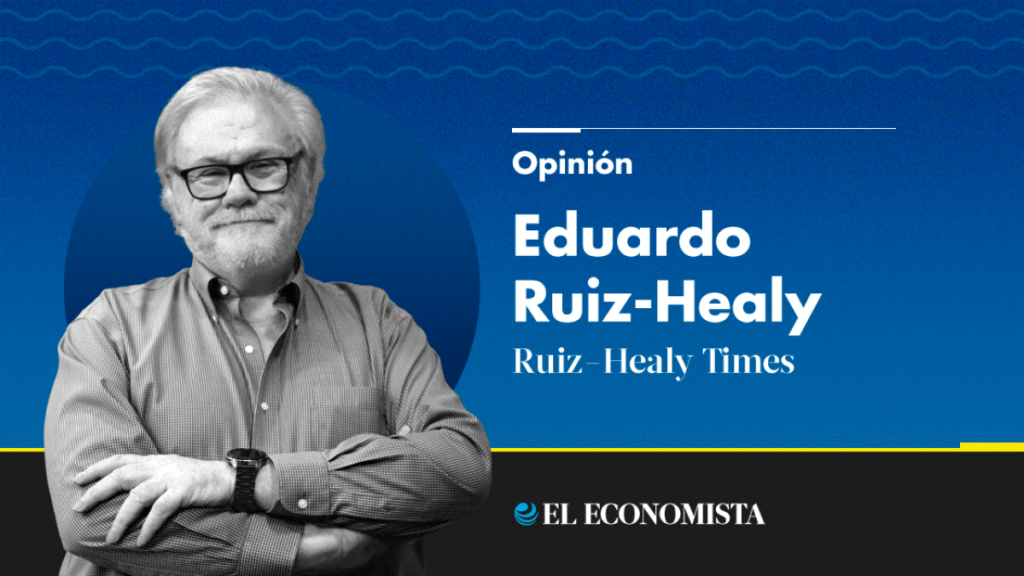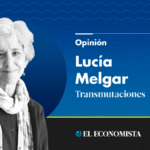Introduction
As artificial intelligence (AI) promises to revolutionize work, most people worldwide struggle to find job satisfaction. According to the State of the Global Workplace 2025 report by Gallup, using data from over 140 countries recently released, the global workforce is grappling with a deep emotional disconnection crisis. Only 21% of global employees feel engaged in their work, a drop equal to the worst months of the pandemic. The estimated cost: $438 billion in lost productivity.
Mexico’s Surprising Exception
However, Mexico stands out as an exception. Here, 30% of workers report feeling engaged in their jobs. Moreover, 54% claim to be “thriving” in their personal lives, surpassing wealthier nations like Germany, Japan, or the United Kingdom.
Understanding Mexico’s Paradox
Given that over half of Mexican jobs are informal, wages are low, and job security is scarce, how can this be explained? Data from INEGI’s November 2024 Well-being National Survey sheds light on this. Mexicans rate their life satisfaction at 8.4 out of 10, appreciating personal relationships, housing, employment, and future expectations. They value these aspects less when it comes to public safety and the country’s situation.
The paradox is unsettling: the average Mexican feels better about themselves than the average worker in a developed economy. Perhaps because they still hold onto what many societies have lost: human connections, close-knit families, a sense of belonging, and remarkable adaptability to chaos.
In the Mexican work environment, despite its structural shortcomings, cultural elements persist that mitigate dissatisfaction: closeness with colleagues, informal hierarchical relationships, humor, and a collaborative spirit. It’s not that the job is good; it’s that the human environment continues to offer emotional refuge. This explains why, despite precarity, millions of workers don’t feel empty or alienated.
Unlocking Mexico’s Potential
Gallup estimates that if a country raises its engagement level to that of top organizations (around 70%), its economy can grow by up to 9%. For Mexico, that would mean over $100 billion in additional annual growth. The key lies with leaders: 70% of team engagement directly depends on the manager. Yet, most managers lack basic training.
Key Questions and Answers
- What is the global workplace crisis? The worldwide emotional disconnection crisis, with only 21% of global employees feeling engaged in their work.
- Why is Mexico an exception? Despite informal jobs, low wages, and scarce job security, Mexicans report high life satisfaction due to strong human connections and adaptability.
- What is Gallup’s estimate for economic growth? Raising work engagement to top organization levels could boost a country’s economy by up to 9%.
- What role do leaders play in improving the situation? Leaders directly influence 70% of team engagement. Providing basic training for managers is crucial.






